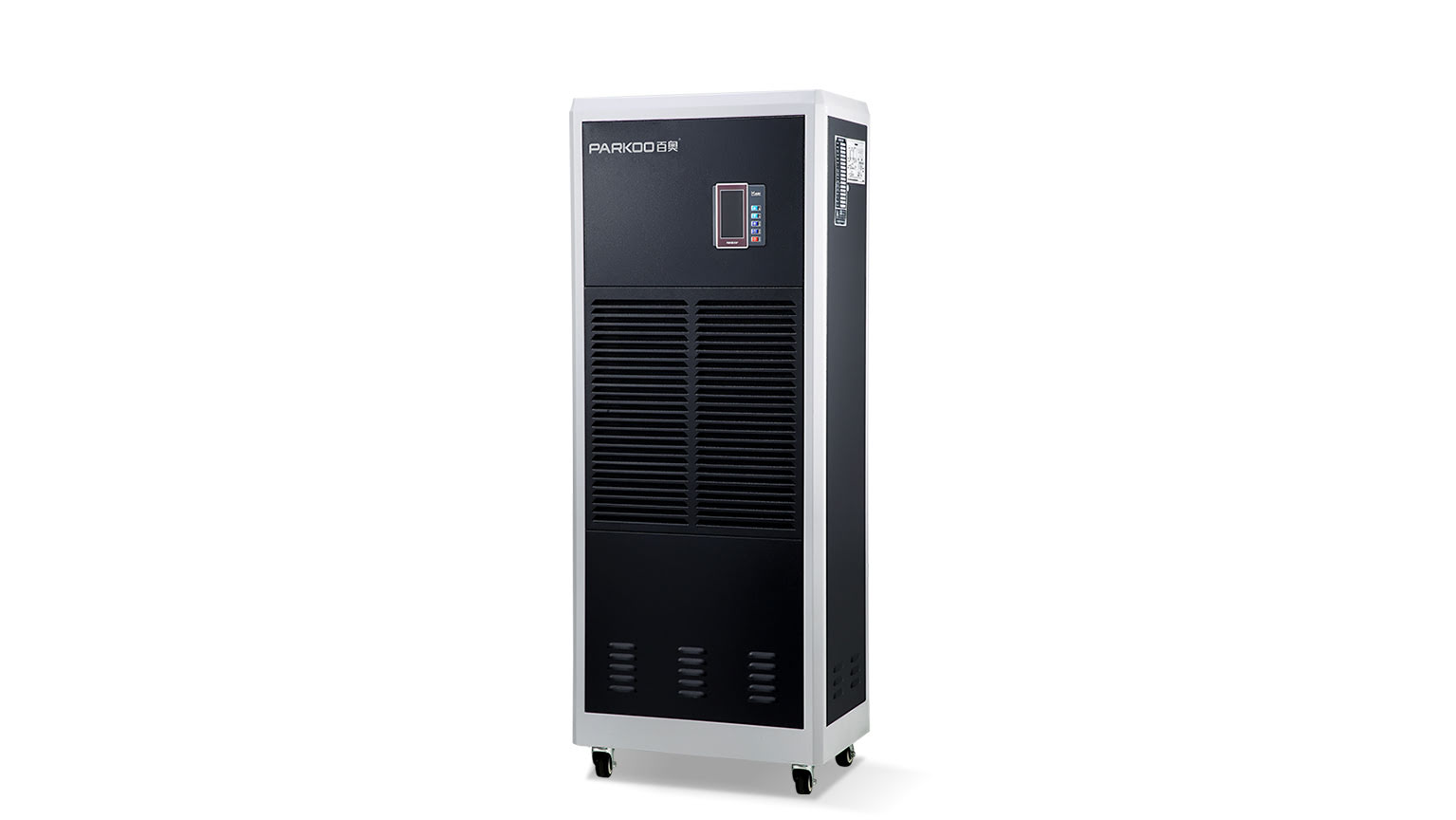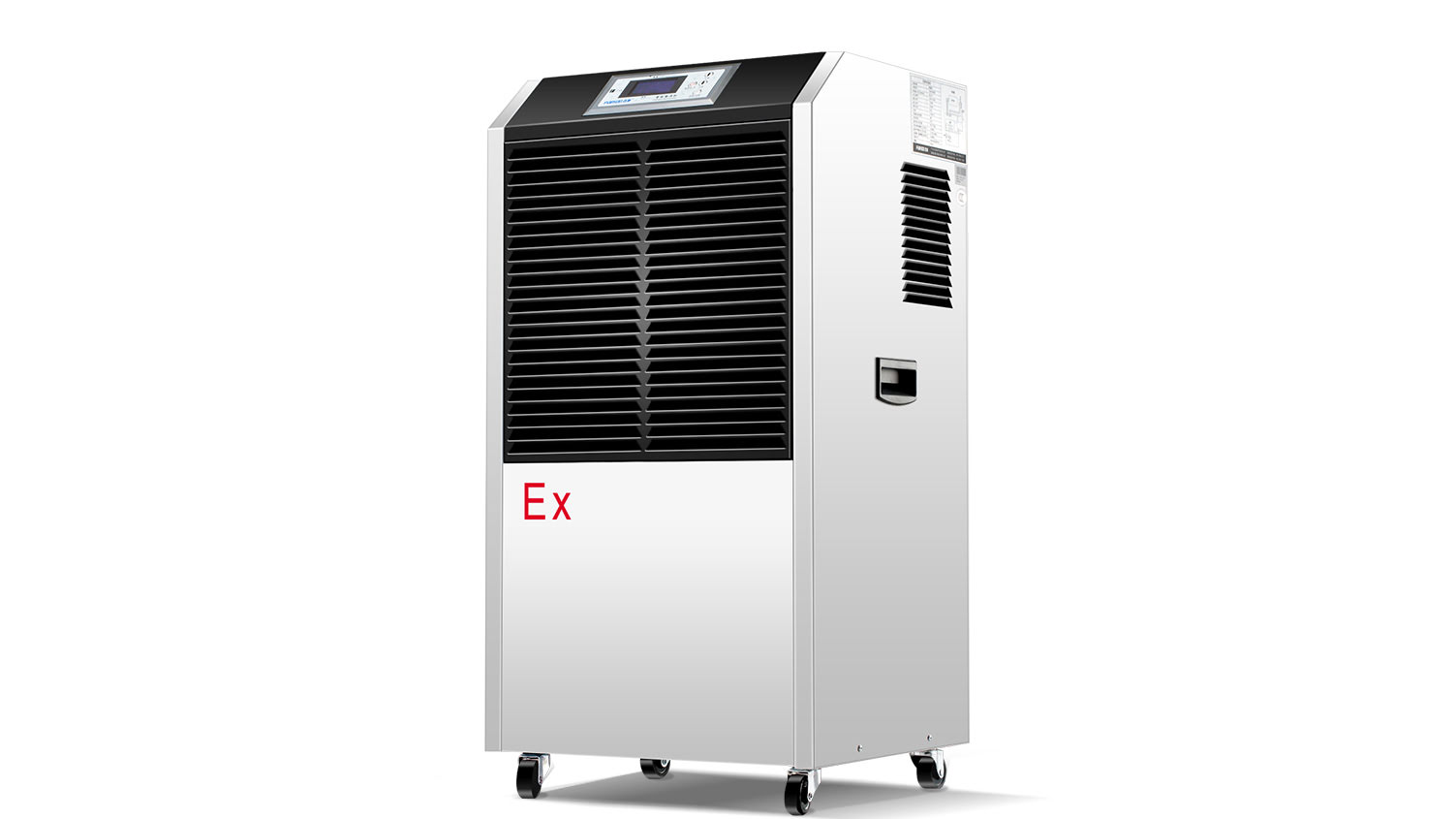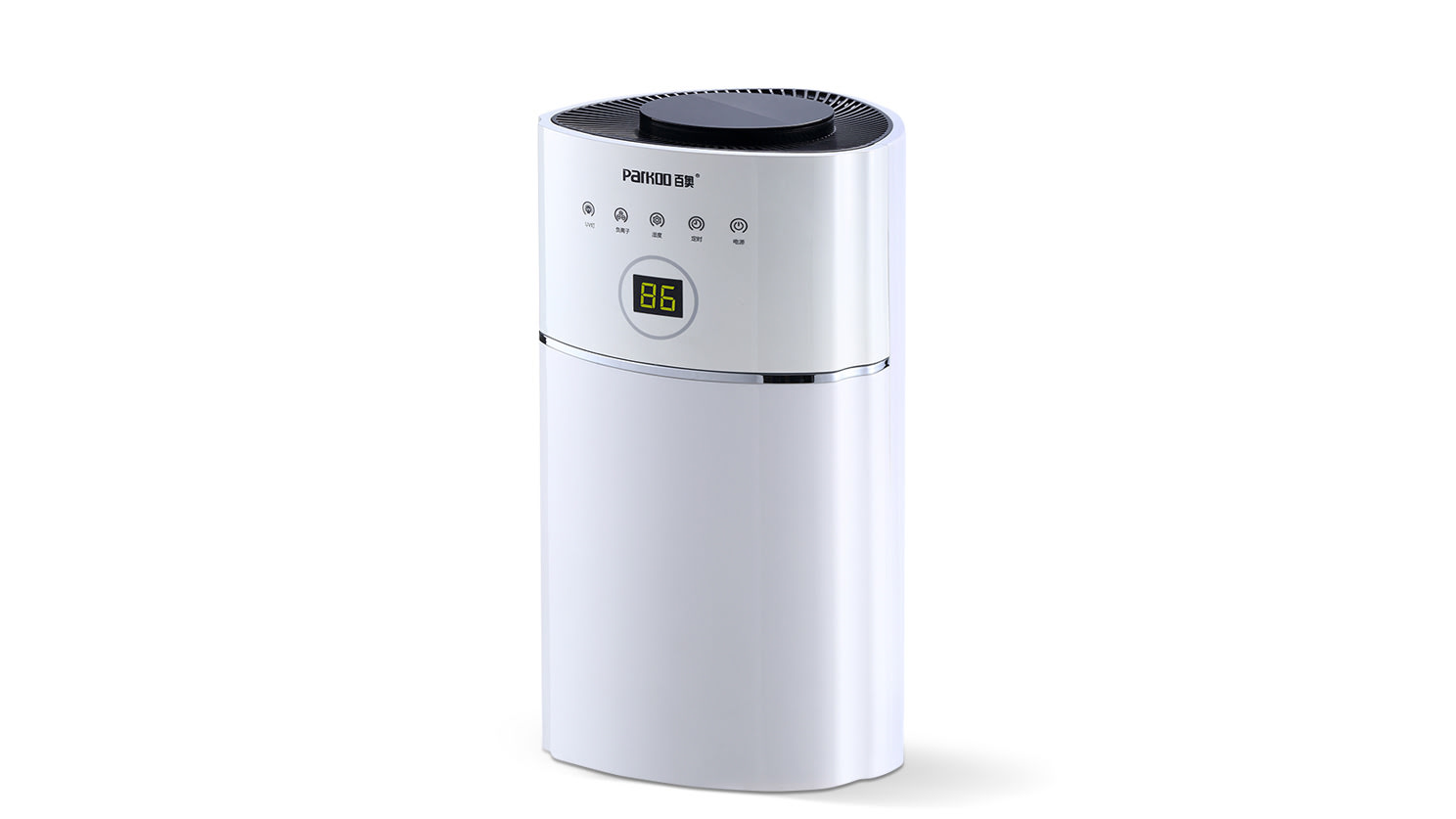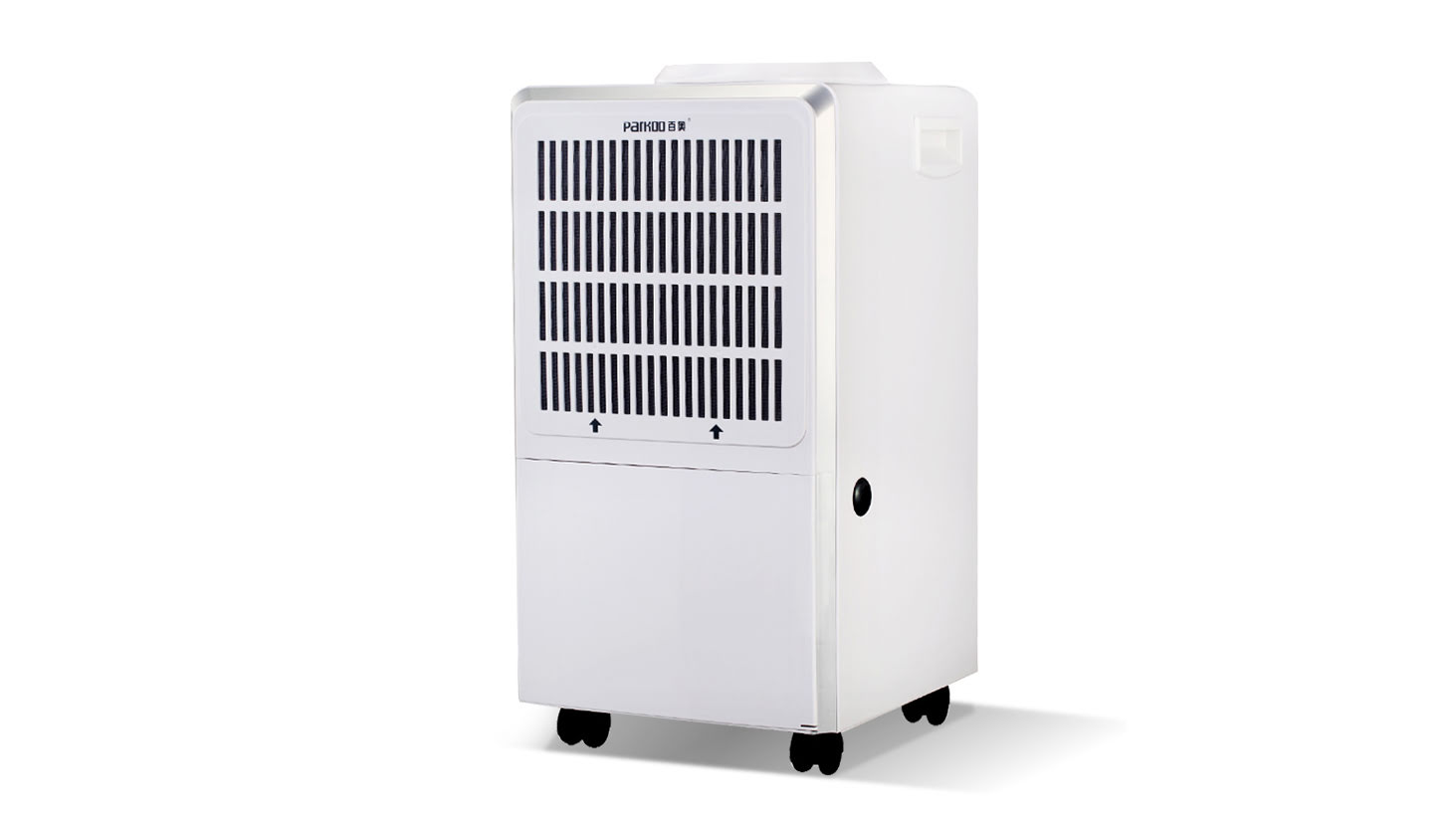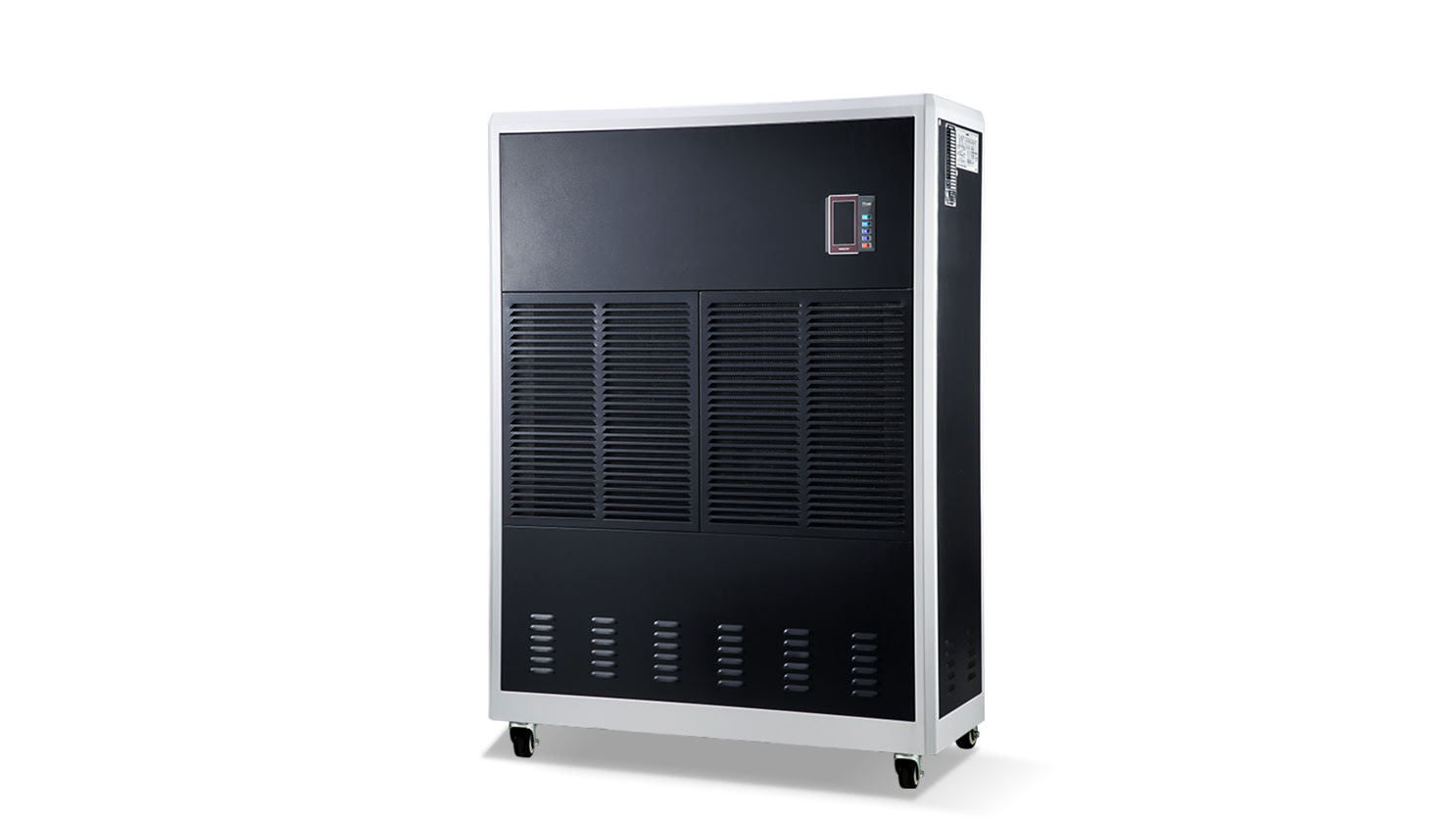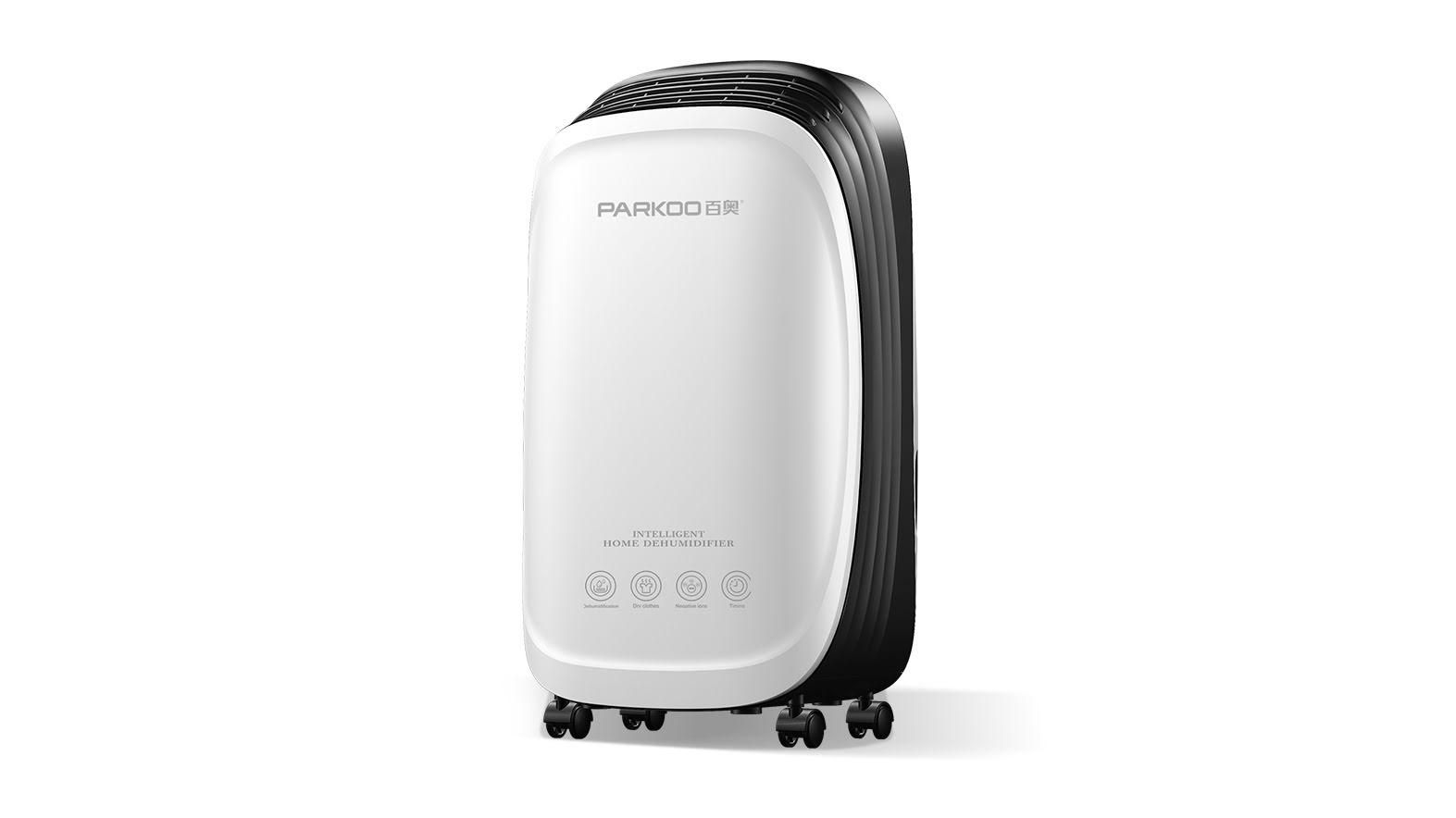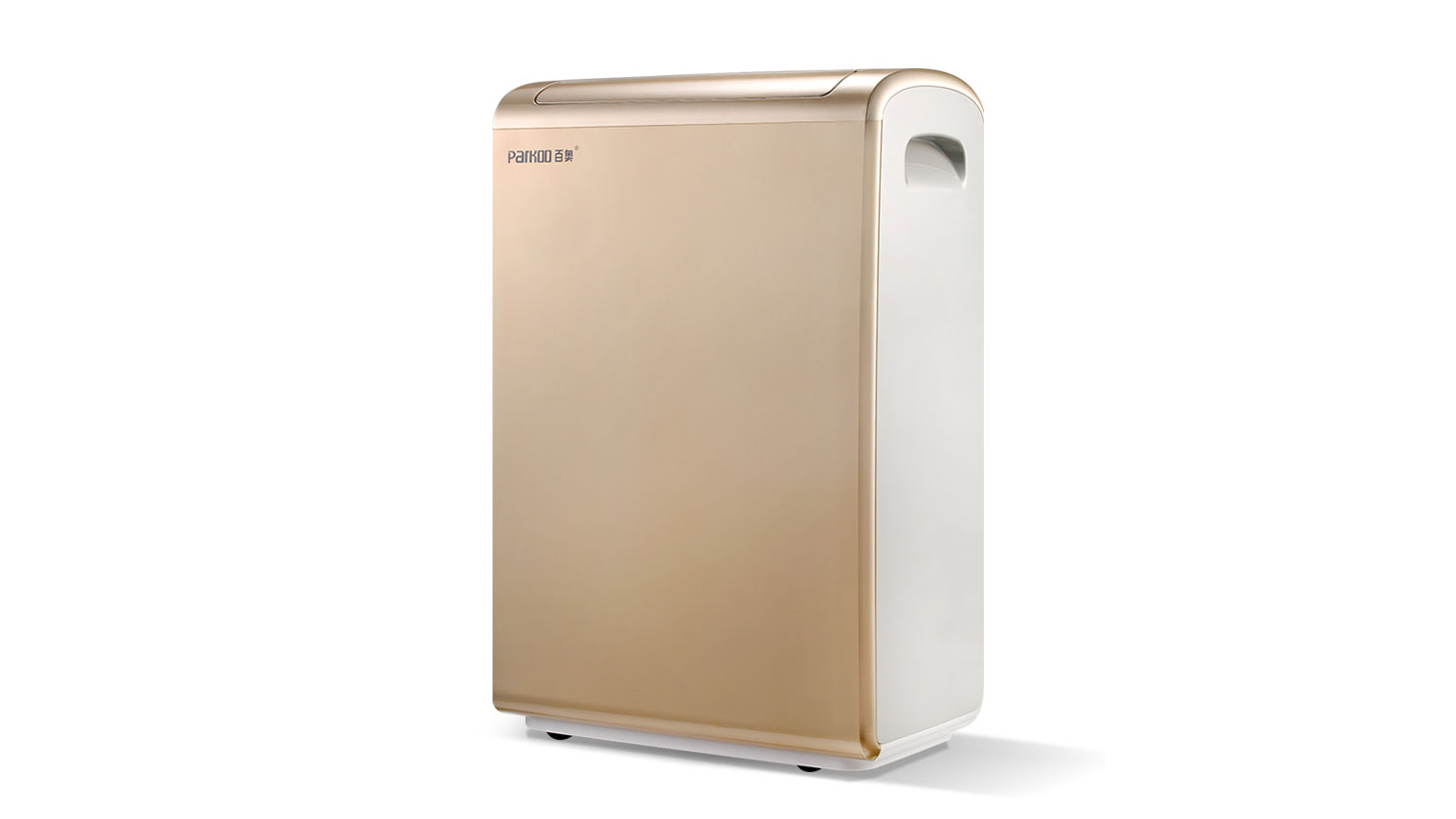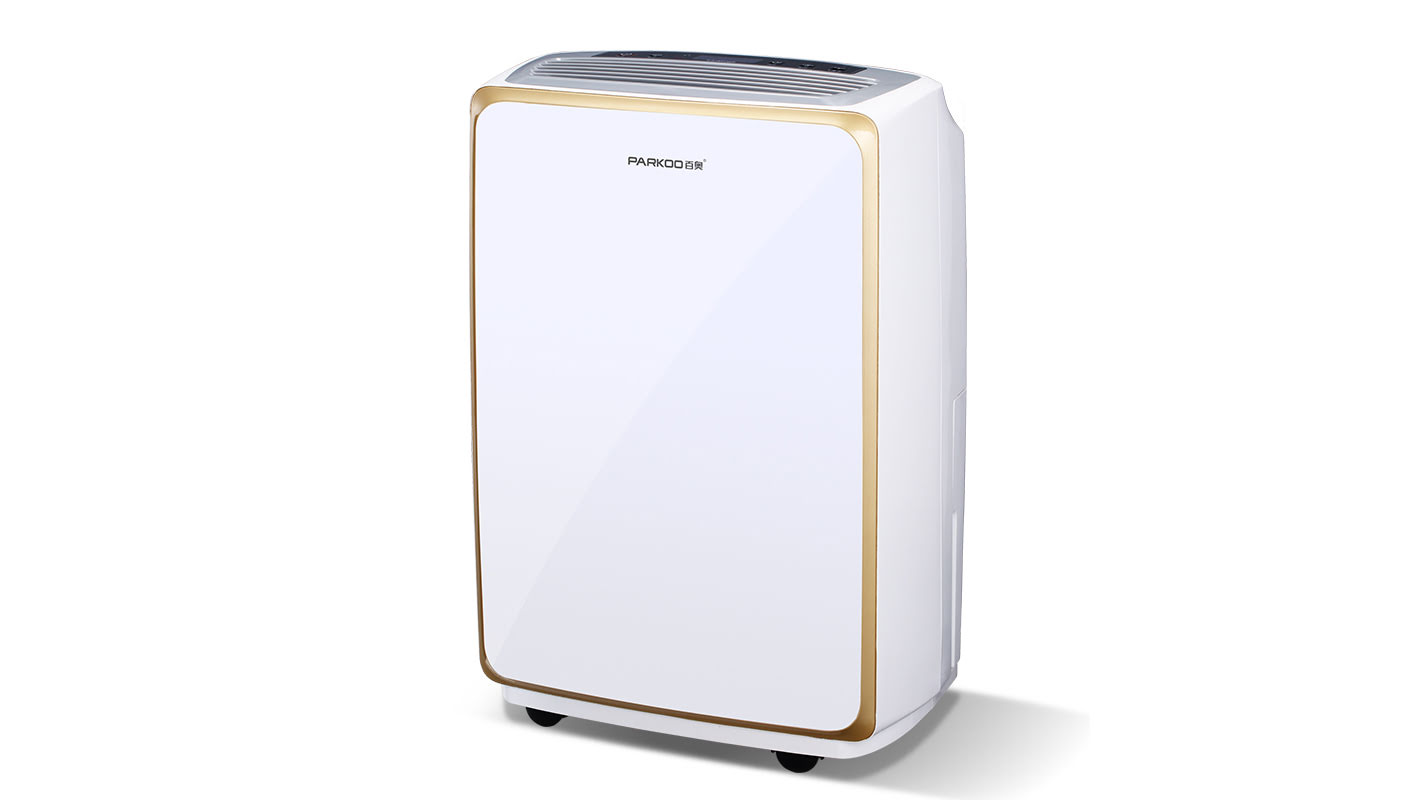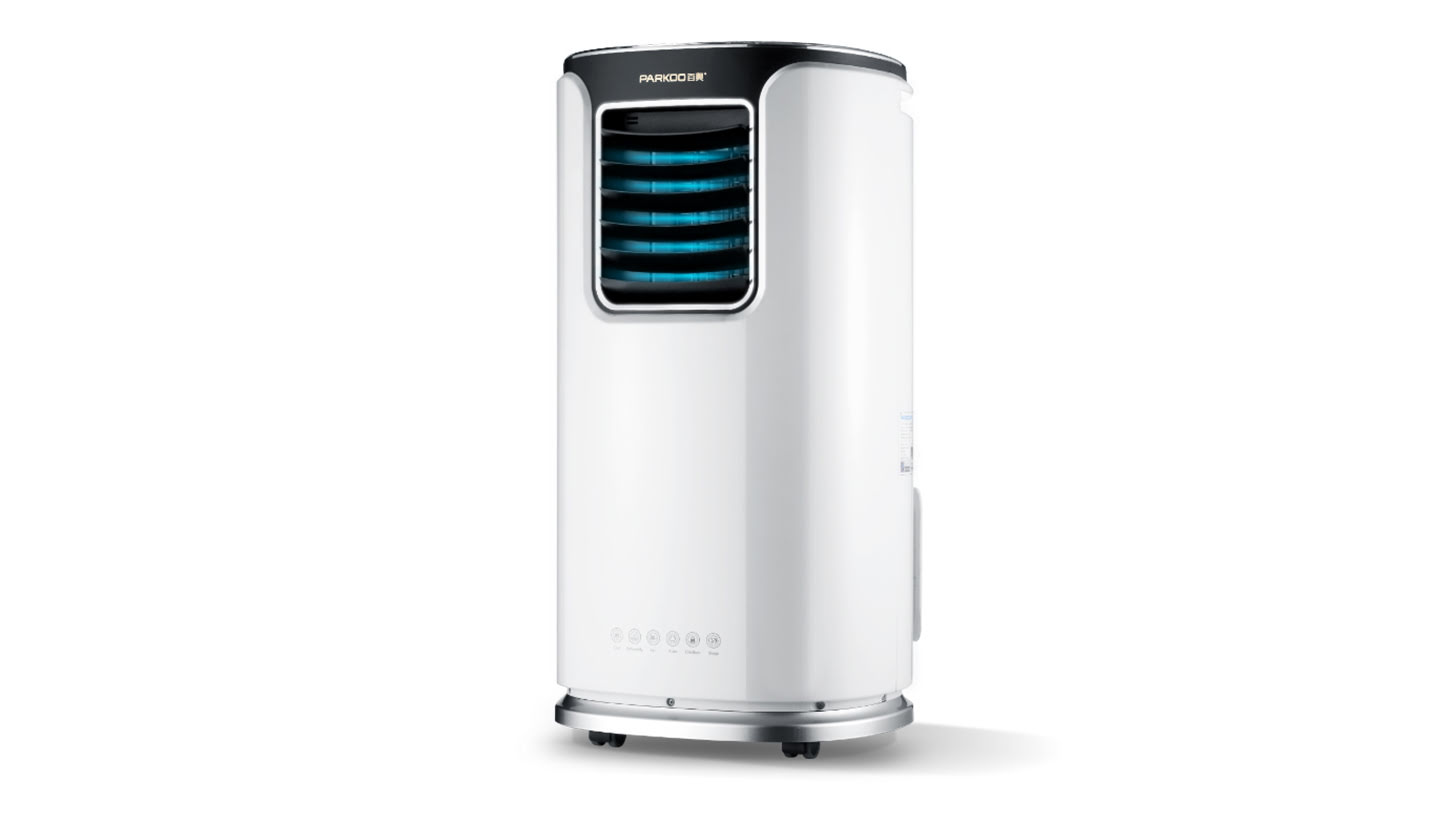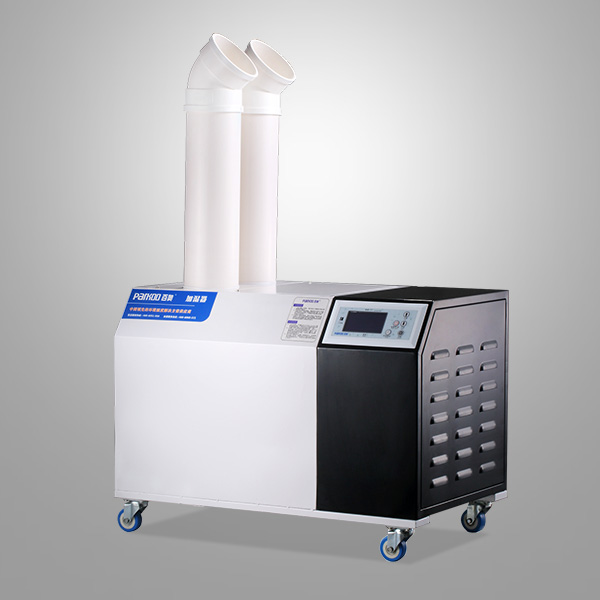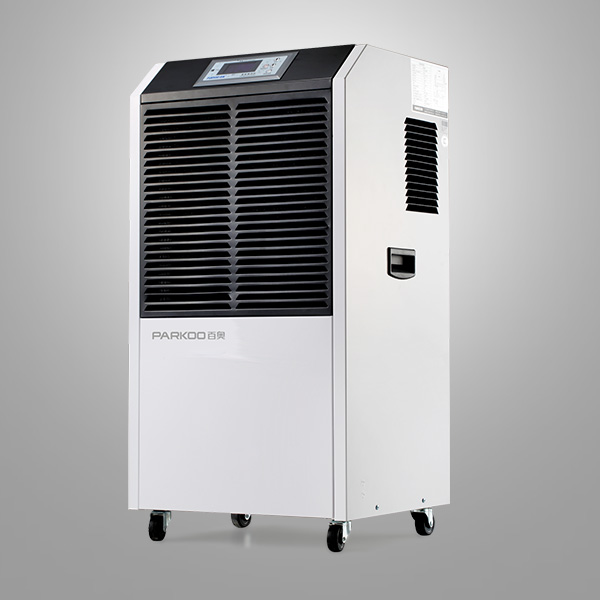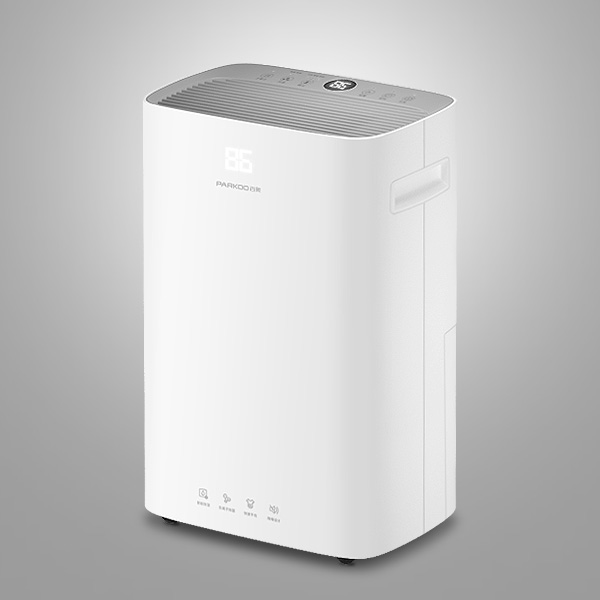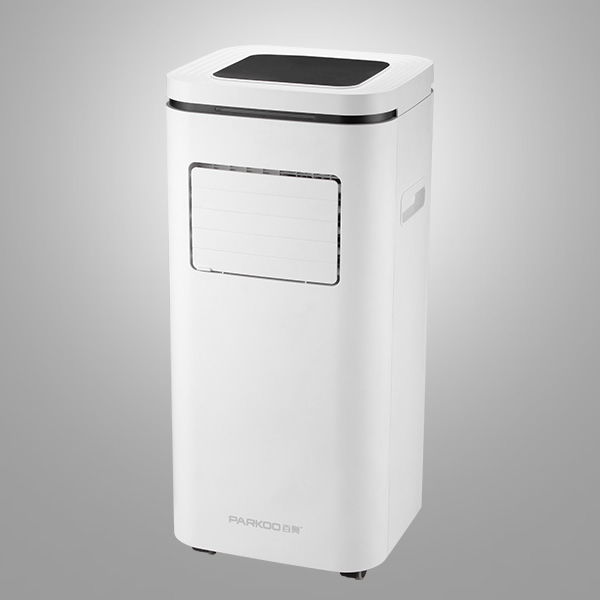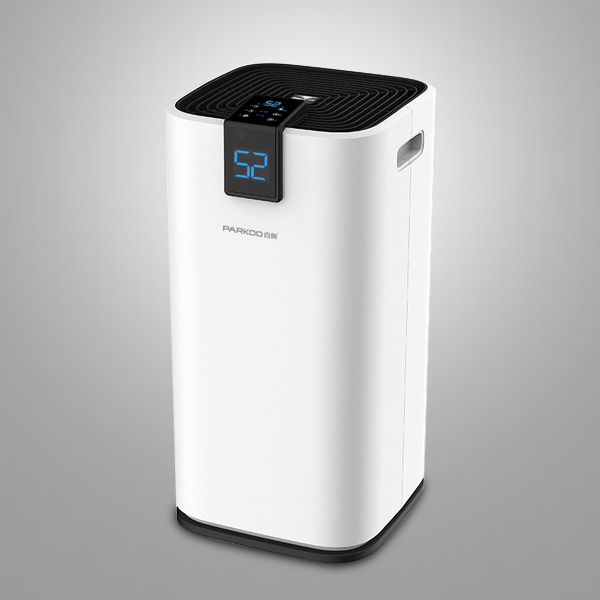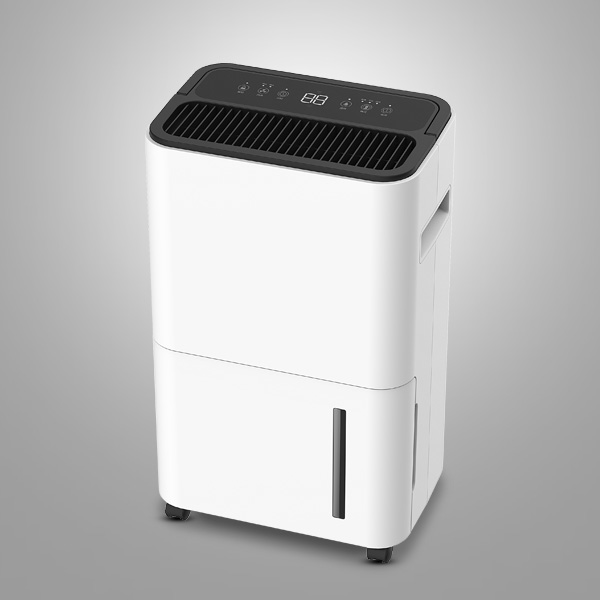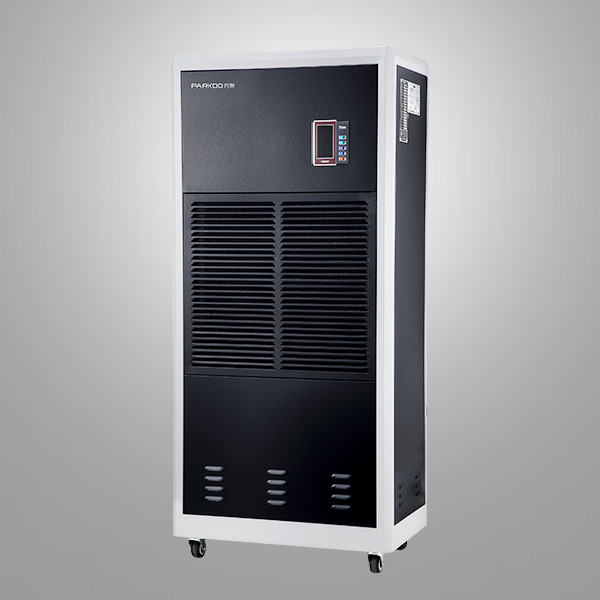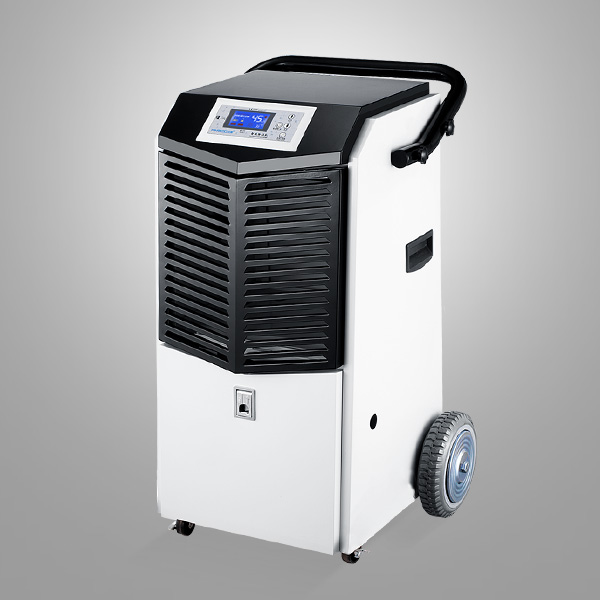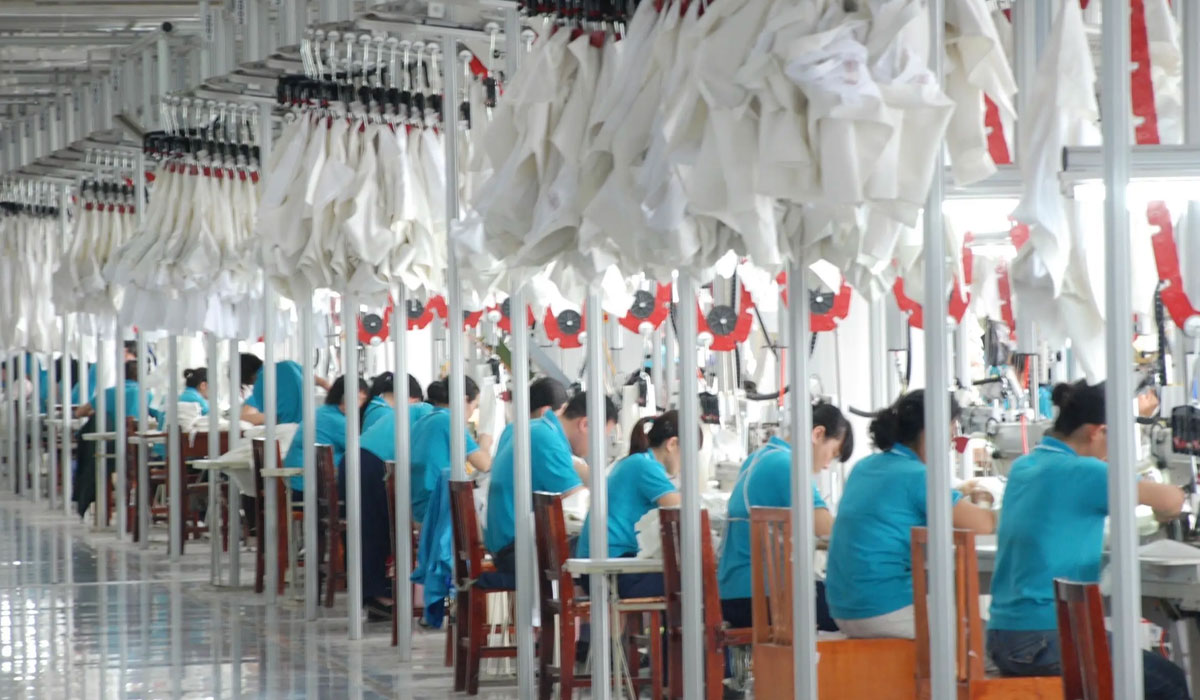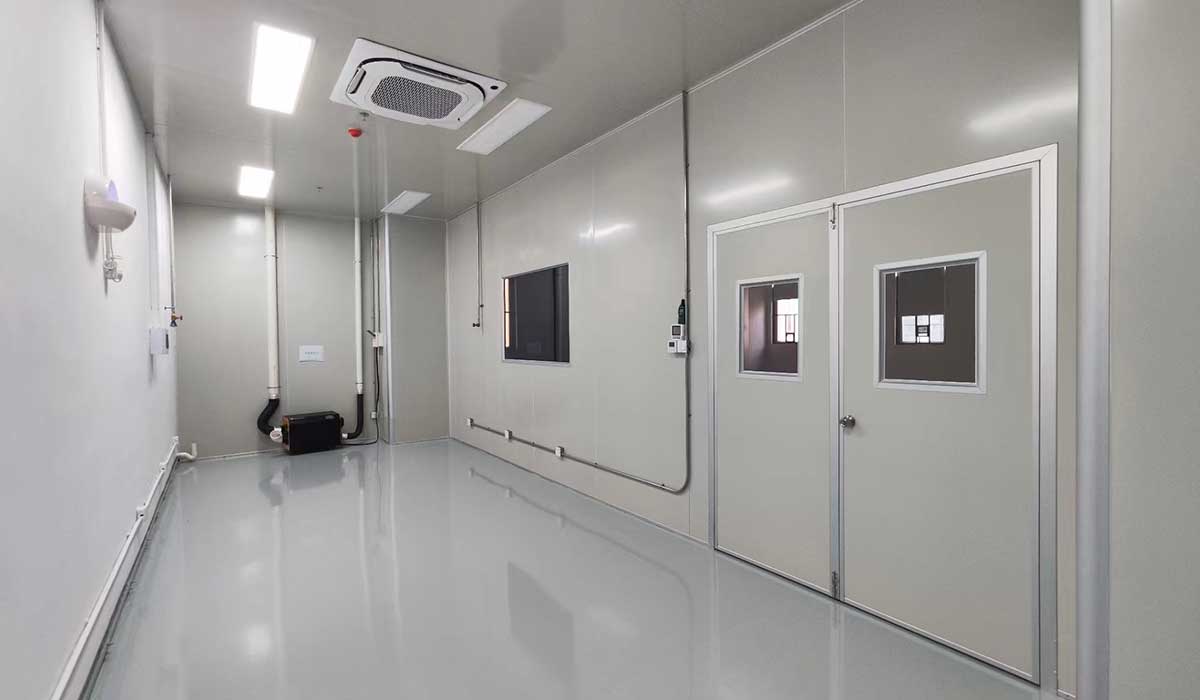Hygiene is crucial in all areas of food production and processing. In order to meet these standards, strict humidity and temperature control measures are particularly important, from production, processing and storage areas to food packaging rooms. dehumidification is required in the food and beverage industry, but manufacturers don't always realize that the reason they are experiencing production problems is often due to uncontrolled humidity within the plant.
Excess humidity can lead to a poor consumer experience by causing bacteria to grow and condense on cold products, damaging packaging and damaging the product. industrial dehumidifiers are an effective and cost-efficient way to reduce the amount of moisture in the air and maintain the required humidity levels to optimize food quality.
So what important role do industrial dehumidifiers play in the food and beverage manufacturing industry:
1, improve product quality
dehumidifiers play an important role from preventing problems such as food caking, food rejuvenation, and color errors, and help to improve the quality of the finished product. In the production of plastic beverage bottles, condensation produces droplets that can lead to the formation of bulges on the surface of the mold. This will actually make it impossible for the label to remain in place. Quality products and packaging are attractive to both store owners and consumers, which in turn helps to prevent waste, save costs and increase profits.
2. Reduce energy use
Achieving constant relative humidity levels in your production suite will help machines run more efficiently. Excess moisture in the indoor air can lead to saturated condensation, equipment failure and safety hazards. Using dehumidifiers to control the humidity of the production environment to prevent condensation and corrosion and reduce equipment failure will undoubtedly require less maintenance and cleaning costs.
3. Improved sanitation
The risk of condensation forming can be reduced by controlling relative humidity levels during food manufacturing and storage. The biggest problem with food condensation is that fungus and mold are a close second. Whether condensation appears on the packaging causing labels to slide off or the food itself causing mold and fungus to appear, condensation is a serious hygiene risk. Configuring dehumidifiers to improve hygiene standards not only improves the quality of food, but also the health and safety standards of employees.
4. Reduce Waste
As consumer expectations rise and competition intensifies, it is essential to produce the best possible product and throw away anything that does not meet standards. Finding ways to prevent waste must be a top priority for businesses. The proper use of dehumidifiers can help with product quality, thus greatly reducing food waste.
